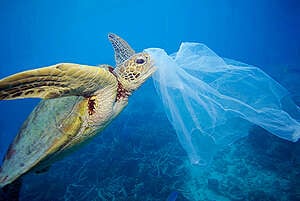There is a lot we can do on our own, but we need to work together if we want to make substantial change.
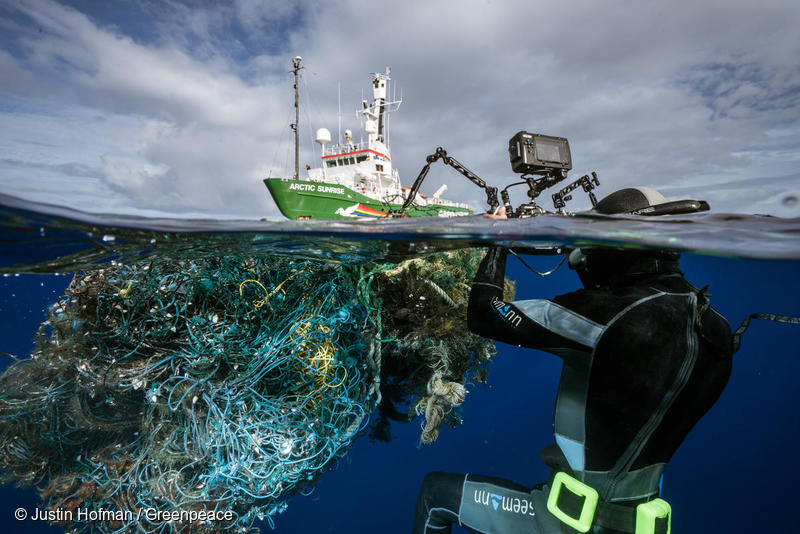
Our planet is facing a major plastics epidemic. National Geographic has estimated that we’ve produced over 8.3 billion metric tons of plastic in the past 50 years, with most of these being single-use only. With 90% of our plastics reported not to be recycled, it’s clear we need to do much more to solve this issue.
Here in Australia, we’re constantly surrounded by single-use plastics. They exist in our fridges as food wrapping, in our coffee shops and restaurants as cups and straws, and even in our bathrooms in products like q-tips and sanitary packaging. It seems everywhere you go, people cannot escape this sea of disposable plastics.
So what’s the real problem of single use plastic?
(besides the energy intensive way it’s produced and role in escalating landfill)? Where it ends up.
Single-use plastics have been found in the deepest and most secluded parts of our oceans. Spread by currents until they are broken down into microplastics, these items are almost impossible to remove and pose a grave risk to precious ecosystems. Research has found that nearly 30% of turtles and a whopping 90% of seabirds have consumed plastic, preventing proper digestion and risking the lives of these animals.
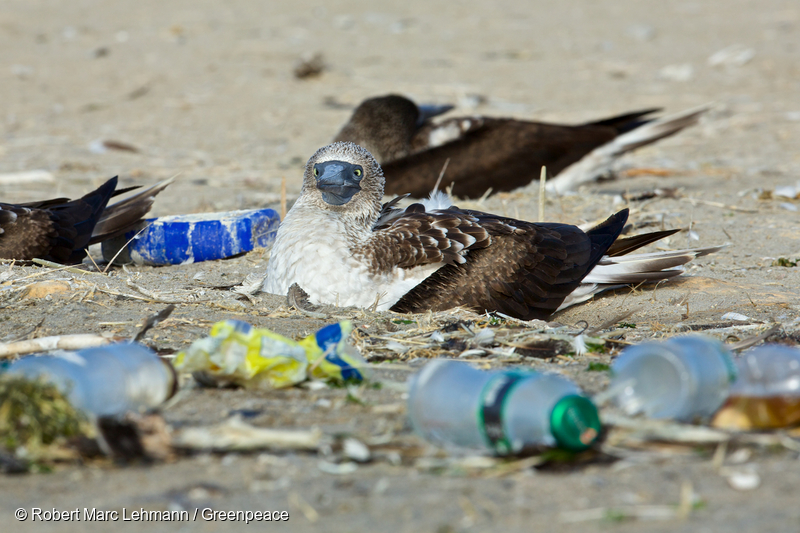
So what can you do to help?
Actually a lot! Every single person can make a difference in this problem, especially when we act together. From little switches to collective action, here are a few of the ways you can help end single use plastics for good:
1. BYO Bag
The existence of the plastic grocery bag at supermarkets and retail stores is confusing to say the least. Green bags, reusable totes and hessian bags are easy and inexpensive alternatives that really make a huge difference. Choosing to opt out of plastic bags by yourself is great, but bag bans are even better! Use your voice to demand that NSW – the last state left without a single-use plastic bag ban – finally bans the bag.
2. Forget the Plastic Bag Bin Liner
Plastic bags have been used to line bins for ages but there are a bunch of better alternatives! Put your newspapers to use or go no liner and instead just wash out your bin regularly. See our blog post for more tips on what to use instead of a plastic bin liner.
3. Ditch the Straw – These suckers are a big problem.
Plastic straws are a huge risk for our environment, particularly our fishy friends. With such startling figures of single use plastics found inside aquatic animals, fish and seabirds, doesn’t it make sense to just ditch them completely? Try instead just using the cup or if you are a fan of the straw, try a metal one. While we’re on the subject, it’s important to note that some folk require plastic straws for their independence and wellbeing.
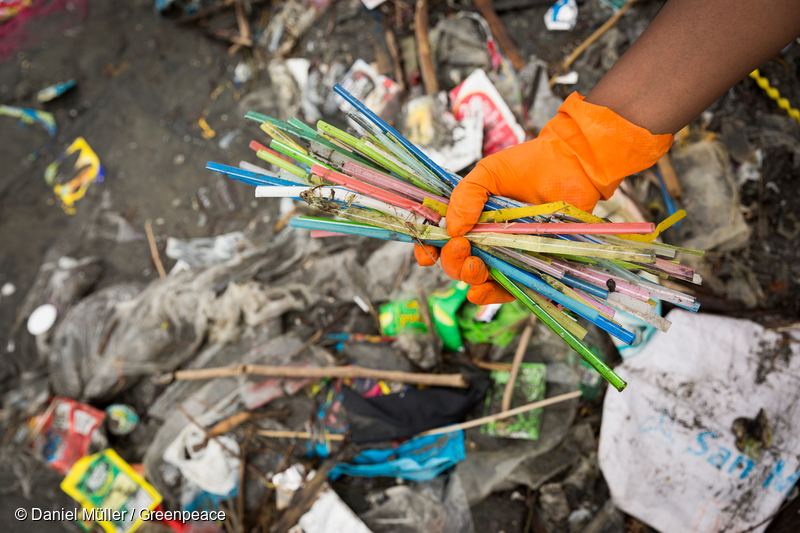
4. Upcycle and Reuse
With recycling proving a less than perfect solution to our plastic woes, why not try upcycling or reusing your plastic products? Upcycling is a great way to get a second, third or fourth use out of your plastic products, especially bottles and containers. You could use your large drink bottles to hold plants in your garden or use your empty body butter container as a jewellery holder. The possibilities are endless with this crafty practice!
5. Start a Neighbourhood Garden
Growing your own food isn’t only fun, but it eliminates needless plastic packaging waste. Neighbourhood gardens are fun and help save our planet so why not start one with your community?
6. Sign a Petition – there is power in every pen! (or keyboard)
Petitions have the potential to mobilise people en masse, and harness the collective force of people power. Ever heard someone say one person can’t make a difference? Well they were wrong, at least partially. One person acting individually is impactful, but when that one person unites with a group to act collectively, it’s immensely powerful. This is exactly what a petition can do -showing a mass of voices speaking together for action.
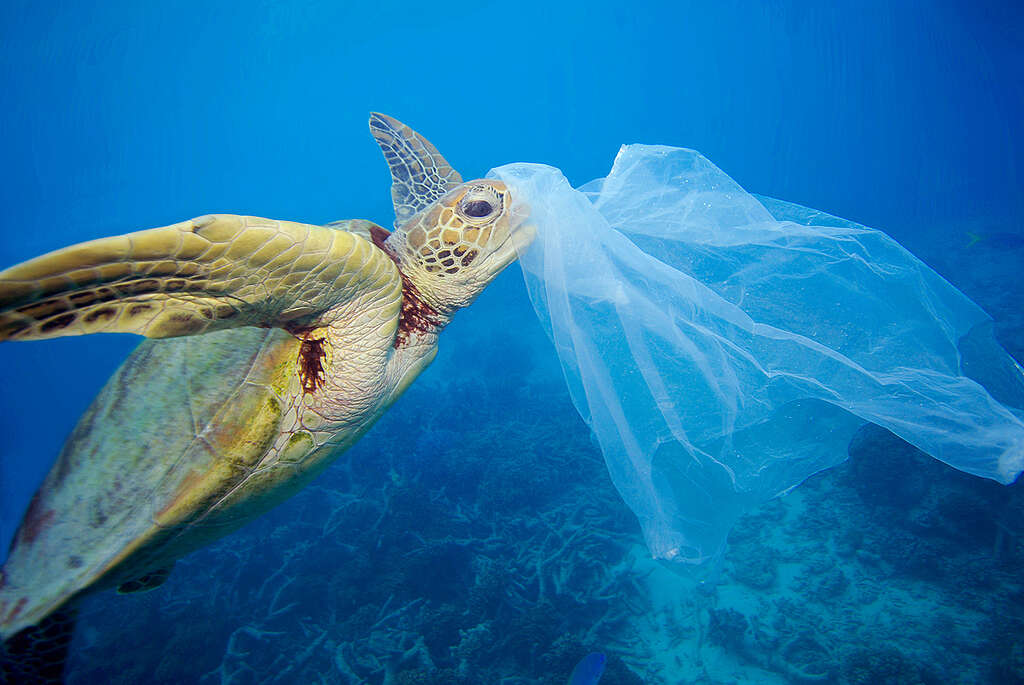
Governments around the world are now negotiating a Global Plastics Treaty – an agreement that could solve the planetary crisis brought by runaway plastic production. Let’s end the age of plastic – sign the petition for a strong Global Plastics Treaty now.
Sign petition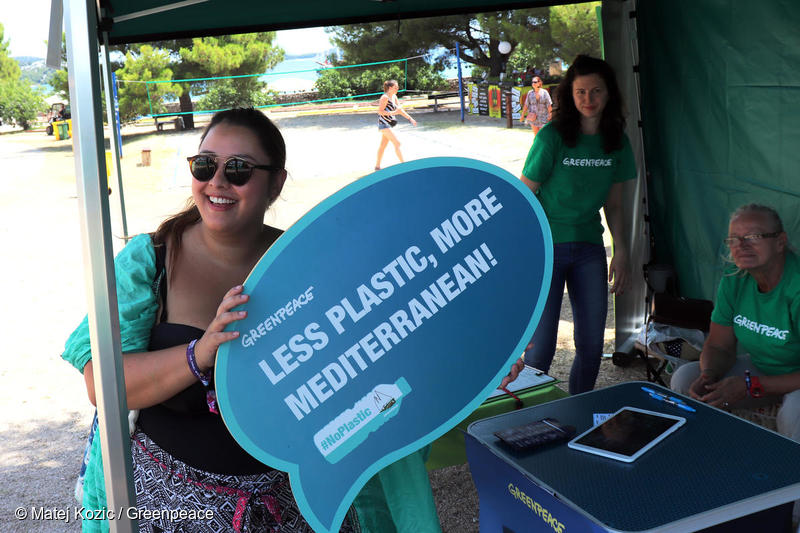
7. Email a CEO or Politician
We believe that the most effective way of making significant and sustainable change is to focus on instruments of institutional power in our society. CEOs and politicians have the unique ability to make change on a systems level. For CEOs, this power is over their corporations which they can change to better protect our environment. For politicians, like your local MP, this power is over our legal system where they can enact laws that support a greener future. So the next time you see something that needs fixing, send an email and get the ball rolling!
8. Attend a Protest or Rally – it’s not all hugging trees
Just like petitions, rallies and protests have a special role in any environmental movement because they unite people together in collective action. Protests not only make you feel like you are part of a greater group of people working towards a common cause but they make a real statement!
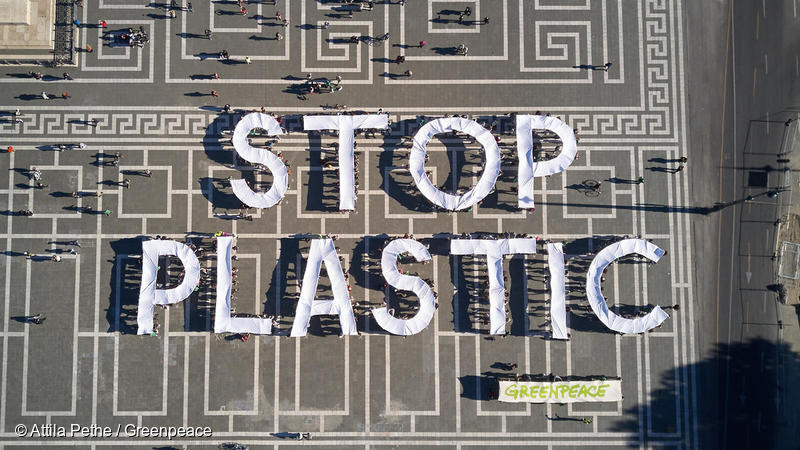
9. Donate
Organisations like Greenpeace are powered by the support of people just like you and me. As a 100% independent campaigning organisation that doesn’t accept money from any government, political party, or corporation, our movement relies on donations from everyday people to function. By donating to Greenpeace, you are enabling our fight to address climate change and end single-use plastics.
10. Become an Activist
Activists are everyday superheroes -people who courageously choose to fight back against environmental injustices and strive to make a change. As an activist you can work within a network to bring campaigns to life with bold actions and lead others in the cause. Despite what you might think, activists don’t all scale buildings and climb up things (even though at times they do). Activists are not all super fit and daring. Activists are those among us who dedicate their time and unique skills to the cause. You can join our network of Greenpeace volunteers here.
Personal changes like going plastic-free at home makes a difference, but in order to bring about change for our planet on a large scale, we need to work together to demand structural change. Unless we work together, we’re fighting an uphill battle against a system that’s designed to pollute our environment. The plastic problem is bigger than one person – it’s bigger than a group of people. To end single-use plastics we need to mobilise as a collective movement.

